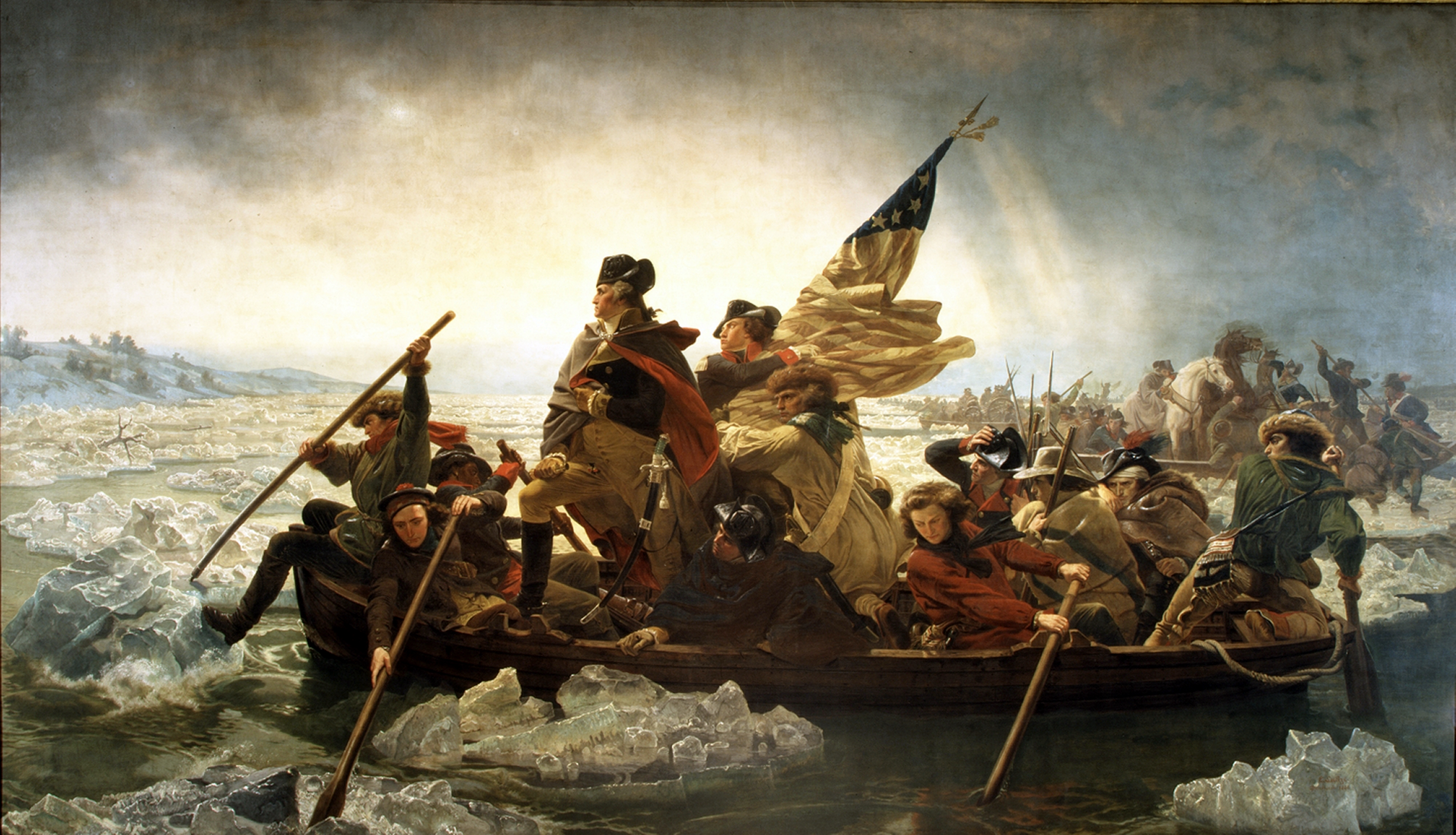 |
| The General with a maid in his headquarters, Newburgh, NY |
I feel patriotic, so stop the caustic emails. But, this doesn't prevent me from trying to learn about the truth--as much as it can be ascertained--and examine causes and effects. Let's start by asking, what is patriotism? And, where, why did it start? The notion of patriotism begins with the notion of patris--country. So, how did the British citizens in the 13 colonies see themselves in the 1770s?
 | |
| Musket warfare |
The Tea Party rebellion? Well, it was triggered by Britain's decision to give the East India Co. the monopoly of the tea trade, thus crippling American economic interests, not withstanding that the EIC tea was cheaper and of better quality. The colonies had enjoyed a relative independence to conduct their own "internal" affairs and the New World had unique conditions, like the reality of the expanding frontier. All these factors made for a different breed of a citizen.
 |
| Harbrouck House, New Paltz, NY. |
Yet, even at the break of the revolution, most Americans in the colonies [let's not forget they were other "Americans" in the continent too] were British citizens. Even the Declaration of Independence demonstrates that the colonists believed they were denied their British rights of life, liberty and property, and, therefore, had a right, indeed a duty, to replace a government after a "long train of abuses."
The ideology of liberalism with its "natural rights for every man" that came out of the Enlightenment was used as the foundation of the regime of the new country to be. But, it would take a long time to turn those Americans into patriotic United States of America citizens. Patriotism primarily evolved along with the formation of the modern state in the last 2-3 centuries. Allegiance was to one's own tribe, ethnic or religious group, and later to a city-state or a larger state, like New York. Most Americans then identified their loyalties to their particular states, not the US. Fully 1/3 of the colonists remained loyal to Britain; most were expelled, many were killed, a few remained.
Class System, Order of the Universe
The belief that the universe had an ordained, divine order was widespread. A rigid class system prevailed too. Yes, it was possible for merchants to elbow their way into the upper caste--like the despised nouveau riche by the "old money" aristocracy--but everybody "knew their place." Old Europe operated on this scheme, so it's amazing that the ideas of liberalism sprouted and even used as ideals for a new state/country. Of course, anyone who has watched docudramas of the last 200 years or has visited the mansions of the rich knows how society worked those days.
The elites often went to war against each other for power and wealth, but they had their code of honor which meant that death would be visiting primarily the lower-class soldiers and civilians. It was against military honor to shoot at officers of the opposing army! George Washington could have been killed by British snipers on a couple occasions but he was spared because he was an officer. The Americans didn't shoot at British officers either... Well, some American riflemen, often despised by both sides, broke this code by indiscriminately killing British infantry and officers. Nowadays, taking out the enemy command is standard military strategy; not back then, which is incredible if you think about it. The thinking, I'm going to let the enemy generals be so their army can be more effective against me and my side, is totally crazy unless....
At first, it seems natural that the French would side and aid the American colonists in their war of independence. The enemy of my enemy is my friend, as they say. But, it was a troubling decision since rebelling against the crown was a no-no among all royal houses of Europe. Yes, royal factions could engage each other, even in civil war, but challenging the notion of monarchy was evil.
George Washington could have been king after the revolution, though to his credit he did not wish it and admonished those who proposed a monarchy for the new country. While in Newburgh, NY, he communicated with many domestic leaders and urged for a constitutional republic. The constitution of 1787 provided a blueprint for a federal country, which is still evolving today. Many of the good changes and ideas come from the top, the educated elites, but also as the result of bloody conflicts.
The country the presidents we're celebrating today knew is much different today, and I think for the better. It's OK to appreciate the effort and the good ideas of past leaders, but I don't think we need to idealize-idolize them. Some were very progressive while most were trapped in their time & culture. There's no divine order in human society; it's what we make of ourselves, our understanding of the important issues, and the policies we can muster for a good life for every citizen, indeed a human being.
 |
| Fictional rendition of the Delaware river crossing. (note the American flag) |